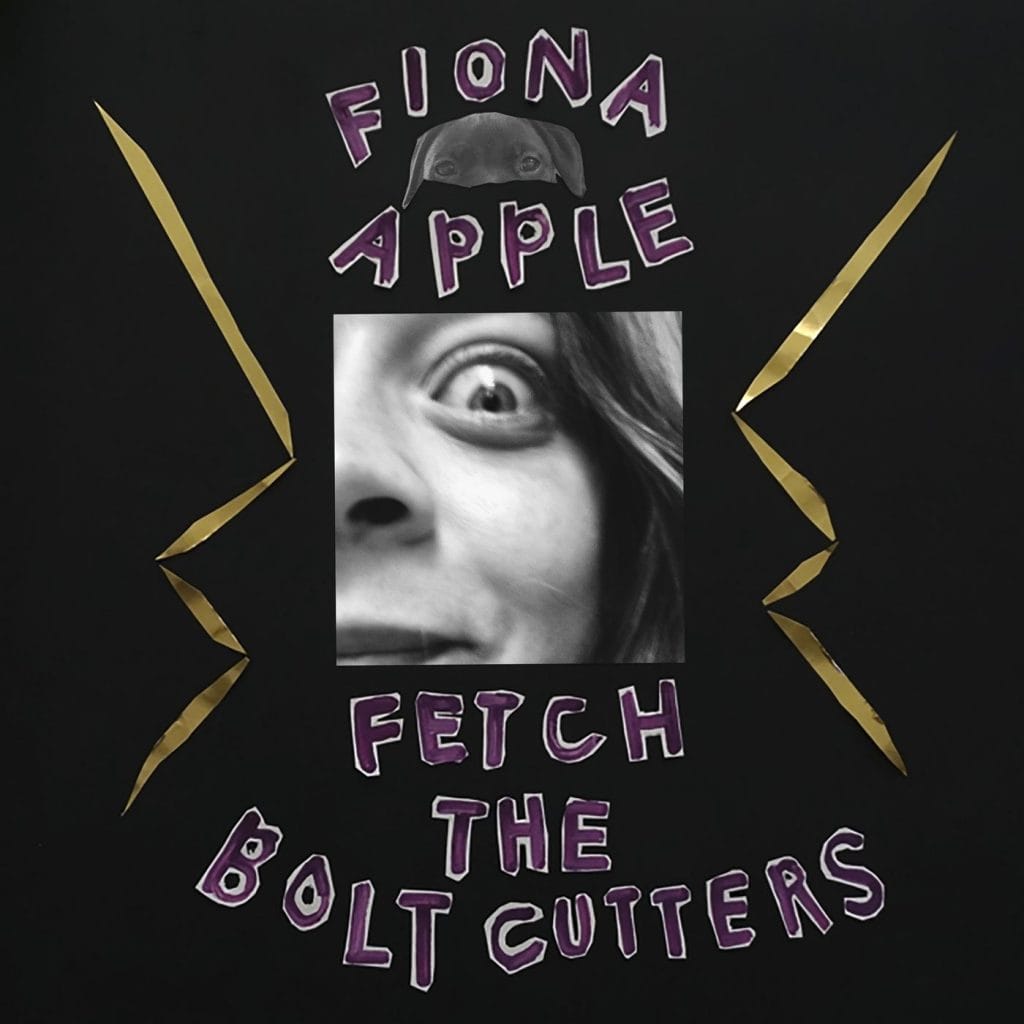
Reviews
Fiona Apple, Fetch The Bolt Cutters
Does the sensationalised album pass the Snobbery test?
Where to begin, where to begin? Let’s address the sensational first: Pitchfork gave it a 10.0. I’m glad it drew attention to a brilliant album – and I’ll get into that – but the rationale for giving it a perfect score came from a truly flawed perspective. My primary objection? “No music has ever sounded quite like it.” This is patently untrue, and it is precisely what Fetch The Bolt Cutters draws from – musically and spiritually – that makes it such a compelling listen.
It is a beautiful thing when an artist spends time on an album; to create a considered work of art, letting time itself exert influence on the music. It always shows, be it in Nine Inch Nails’ The Fragile or Bowie’s The Next Day, the step-up in quality and studied exercise of concision shines through. Neither “sound like” the decade in which they were written. It is clear in the production, arrangement and lyricism: such albums are, inevitably and always, deeply independent and can be judged on that merit.
They aren’t always great as a result: such independence can be misdirected (see Tame Impala), but Apple’s Fetch The Bolt Cutters falls firmly in the “great” bucket. It is an album that demands to be listened to. You can kick it under the table all you want; it won’t shut up.
The product of five-some years’ work, during which song arrangements changed entirely, Apple’s largely home-recorded album is a deeply personal record, raw in emotion and message, underwritten in gravity by an unvarnished, heavily percussive beat (reminiscent of The White Stripes' Get Behind Me Satan), which pushes the album towards spoken word. Were it not for Apple’s vocals, her lyricism on Heavy Balloon might not sound out of place on Saul Williams’ self-titled album.
The “kitchen spoons and old oven doors” percussion of Fetch The Bolt Cutters is also heavily evocative of Brian Wilson and The Beach Boys’ abortive SMiLE, the album to which Apple’s own draws its closest sonic parallel, in my view—before you ask, no, it is nothing like as good an album. To introduce no doubt: Fetch The Bolt Cutters does not deserve to be ranked alongside Sgt. Pepper’s, SMiLE, OK Computer, Low, good kid m.A.A.d city, or any other album of that calibre. But it does deserve to sit alongside Violator, or Parade, for example.
Yet, to continue the thread, album opener I Want You To Love Me and its piano-led transition into Shameika conjure inescapable comparisons to Heroes And Villains and Roll Plymouth Rock, as the lolling piano, classical instrumentation and thundering drums supporting Apple’s cries of “...in the dark, I know you do” draw from the same Californian musical well as Brian Wilson’s troubled mind, giving birth to a lost, inherently beguiling American sound that is most welcome in 2020’s kakistocratic, Disunited States. It is interesting, also, that both artists have dealt with severe mental anguish.
“Well good mornin’! Good mornin’! You raped me in the same bed your daughter was born in.”
Perhaps the most savagely personal moment in the entire album, the phrase – sung with beautifully arresting, palpable anger during For Her – is the moment Apple grappled with her own rape as a child. The protagonist of this record is not a character, she is the person singing, and she is a woman who has unfortunately lived the suffering of so many others only to come out stronger, and she will be heard. That the song title and vocal harmonisations that conclude the song also nod to the opening track of Prince's debut album, For You, are the icing on the cake.
Apple’s personality reverberates throughout the whole album like her own heartbeat. They are intertwined, but despite a confrontational tone, Fetch The Bolt Cutters is not an angry album. Ladies is a unifying ballad that demonstrates Apple’s songwriting prowess, as she deftly marries piano and voice behind a hymn to the feminine. Or perhaps I just love this album for one of the most perceptive and pertinent lyrics of our time in “I resent you for presenting your life like a fucking propaganda brochure” (on Relay), because I would – and do – too, irrespective of gender. The ruthlessness of Apple's lyricism is certainly one of the most appealing facets of this album, particularly against the backdrop of today’s vacuous Pop Culture.
It is not a record riddled with pain, either. Apple is not a broken woman – quite the opposite, as the playful sexuality of Rack Of His, or upbeat rhythm of Drumset exemplify: this is an artist who has lived and who wears it on her sleeve (quite literally, in the case of her latest tattoo).
So, in reality quite a lot of music may already sound quite like it, but that is beside the point: Apple has released a profoundly original album, entirely unique precisely because of its creator, not because of its sound. It is an excellent album that continues to feed the soul over consecutive listens, thanks not only due to the care taken in its creation, but also because it has something interesting to say, musically and lyrically.
It might not be love at first listen – few great albums are – but it is certainly a landmark album, escaping contemporary musical trends and yet entirely a product of its time, and because of that, it is a must-listen, even if you do not fall in love with it.
